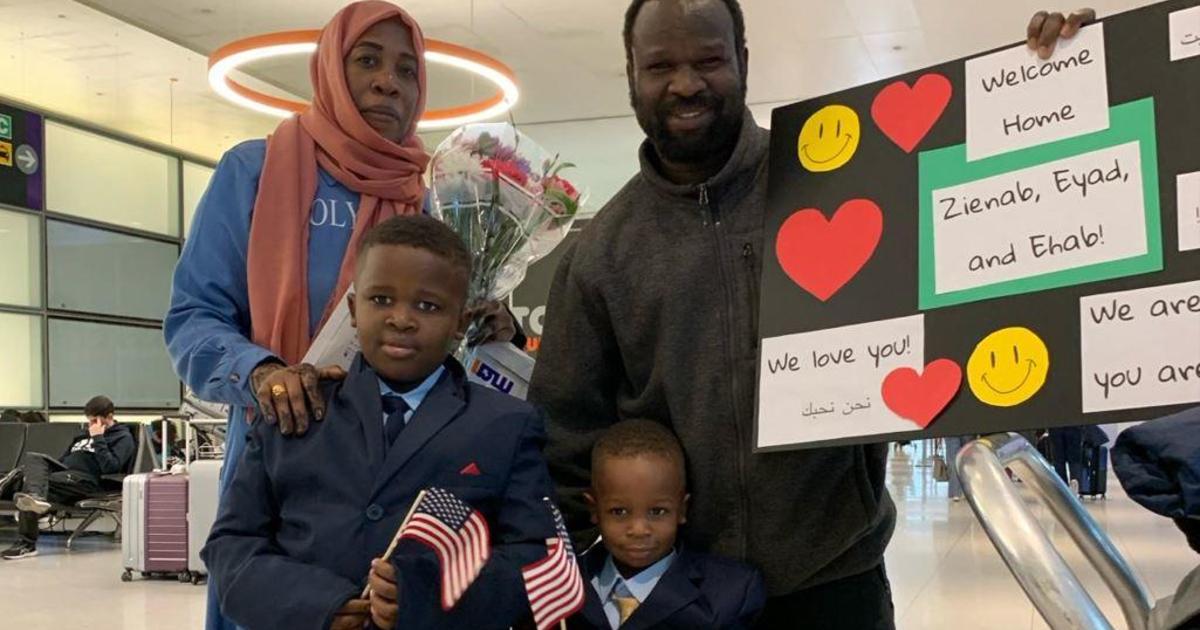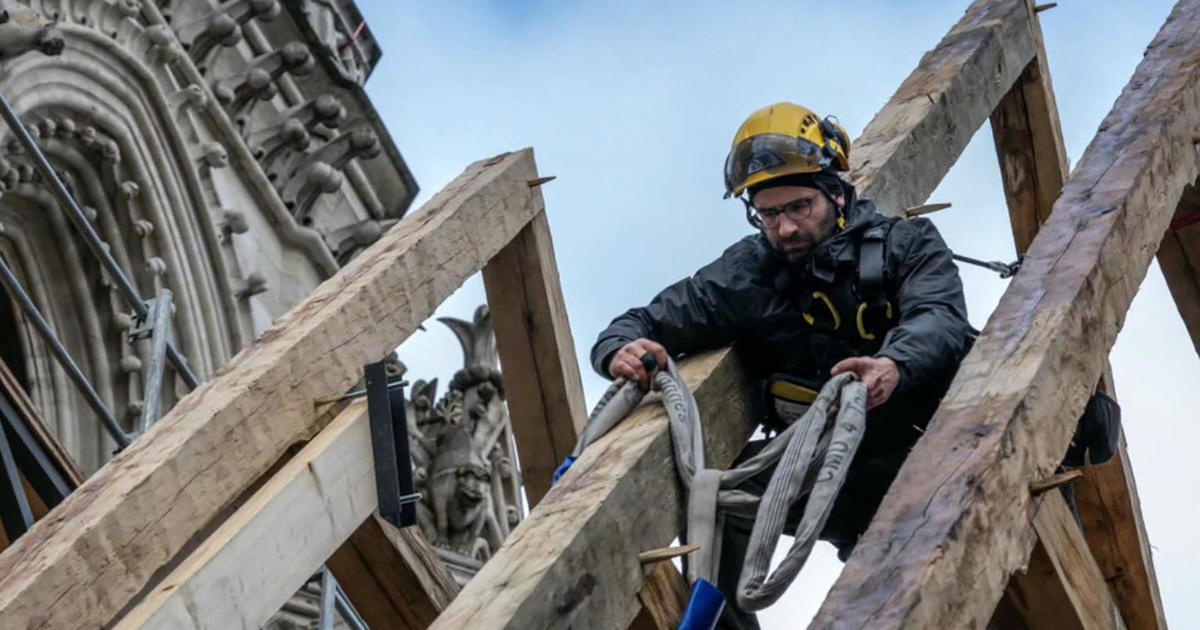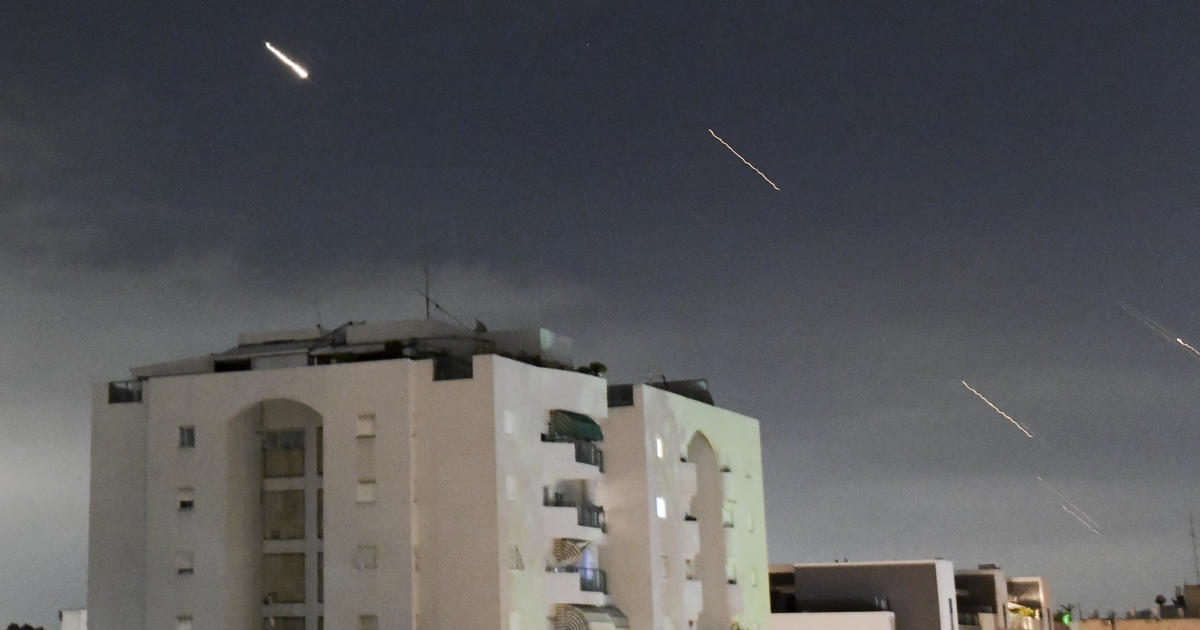Jim Sturgess talks "Close to the Enemy," Brexit and not letting history repeat itself
Jim Sturgess takes to the small screen for “Close to the Enemy,” a tale of suspicion in the immediate aftermath of World War II.
The miniseries, which is currently airing on Acorn TV, follows British intelligence officer Callum Ferguson (Sturgess) as he is tasked with convincing a captured German scientist to work with the U.K. government instead of its WWII allies, the U.S. or Russia. Sturgess told CBS News that he sees a lot of lessons for modern audiences in the period piece, especially as international alliances seem to be in flux once again.
How much did you already know about this specific part of post-war history?
It was interesting. I thought I knew a fair bit about the war because it was something that we all learned at school, but this was about a part of history that I knew absolutely nothing about. So yeah, it was really fascinating to learn about how the British mollycoddled a lot of these Germans, had them holed up in hotels as kind of prisoners/VIP guests and we were giving a lot of these Germans pardons for what they’d done in return for their military and scientific information. It really blew my mind.
It’s also interesting how they suddenly mistrust their allies, Russia and the U.S.
That’s really the moral dilemma of the story: What is the right thing to do next? Be as prepared as you can be and gather as much military knowledge and information as you can from these Germans while your colleagues want to try them for war crimes. That’s the sort of moral tightrope that these characters are walking.
This is your first foray into TV, as it was filmed before “Feed the Beast.” How are you finding the transition?
It’s a nice balance, actually. You get to work on something and tell a story and spend some time with the character, but at the same time you’re not tied to a six-year contract where you have to tell that story for the best part of your adult life. So it’s kind of the perfect place. I hadn’t done it before, and it’s a lot. You actually shoot it in the same way you’d shoot a movie, all seven episodes at the same time, so that was a big undertaking as far as I was concerned because I was in almost every scene in the show. It was a daunting experience. Whereas normally you have one script on your desk that you go through, you have seven piled up and you have to go through them all.
We keep coming back to certain periods of history for film and TV. Do you think that’s important to keep reminding audiences about past actions?
I do, definitely. It’s important just to remind yourself what can happen. The Second World War was a great example of that. If you’re not careful, these things have a way of repeating themselves. So it’s really important to remind yourself what happened back in those days, the atrocities that came out of it. It can so easily slip back into that cycle. Now more than ever.
People have drawn a lot of comparisons to current developments across Europe and the U.S.
I’m not surprised, absolutely. These are very strange times. I look at WWII and I look at that period and I look at Hitler and all the terrible things that happened over there, and you just think how did that happen? How was that allowed to happen? How did people think that was OK? But it does, it happens. For every action, there’s a reaction, and the people are reacting to something.
You’ve been living in the U.K. for months post-Brexit. Do you have any insight for U.S. citizens following the recent election?
You know, my day-to-day life hasn’t changed at all, but I guess everybody’s just waiting to see what the plan is and what these politicians are thinking is going to happen. As far as my day-to-day life, nothing appears to have changed. But it happens very slowly, so I might not notice it.



